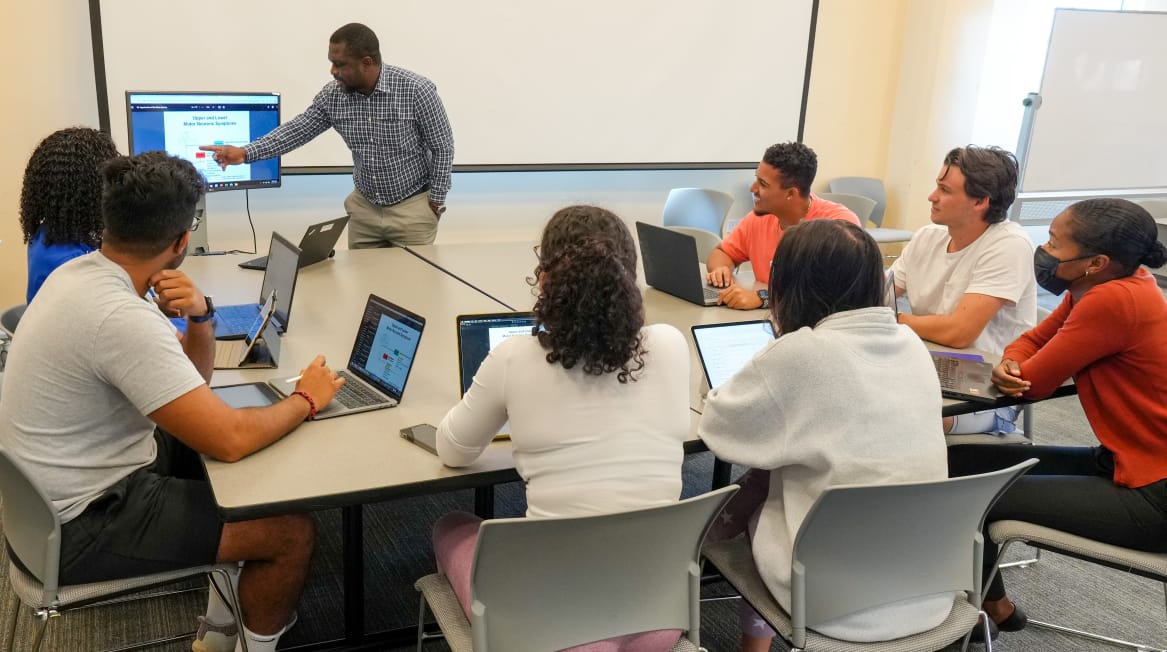Useful Tips from St. George’s University School of Medicine Easing Transition to University Abroad

Young Kenyan students planning to study abroad have been given various tips to help them transition to life overseas with ease.
With overseas education considered one of the best investments for the future, especially for young Africans, these tips are invaluable for those interested in studying abroad.
Balancing this transition can sometimes be draining and stressful, so St. George’s University (SGU) School of Medicine in Grenada, West Indies, has compiled the following tips to help students cope with these changes:
· Maintain Connections:
Students often miss their high school community when they begin university. It is crucial to stay in touch with social circles, family, and friends. Setting up WhatsApp groups before leaving can help former classmates stay connected and updated on each other’s lives. Equally important is staying connected to oneself by acknowledging and understanding personal emotions. Journaling about experiences and feelings can be a helpful way to process emotions.
· Get Organized:
Being organized can make the transition to university life smoother. Planning ahead, such as setting up an agenda for the first week on campus, can help students settle in and manage their new responsibilities effectively. Extending this structured approach to other aspects of life ensures a balanced schedule between study and relaxation.
· Avoid Comparisons:

Students might be tempted to compare themselves to others who seem to handle the transition better. However, this can harm confidence and well-being. Everyone comes from different backgrounds, so it’s vital to focus on personal goals and progress. Maintaining a healthy perspective can help manage pre-university anxieties.
· Connect with Future Classmates:
It is beneficial for students to connect with peers who are also attending the same university. This can enhance their overall experience and ease the transition into a new academic environment. Building a network of friends before arriving can provide a sense of belonging and support, making the journey less stressful.
· Learn Relaxation Techniques:
Learning how to relax is essential for managing stress, both before and during university. Techniques such as mindfulness, yoga, meditation, muscle relaxation exercises, deep breathing, and guided imagery can help students stay calm and focused, especially during exam periods and other challenging times.
· Set Realistic Expectations:
Accept that it is normal to face challenges and feel homesick initially. Setting realistic expectations about the transition from high school to university life can help manage disappointments and keep motivation levels high.
· Engage in Campus Activities:
Join clubs, societies, and participate in events to meet new people, expand horizons, and discover new interests. Engaging in extracurricular activities is a proven way to build a social circle and feel part of a community.
· Seek Help and Guidance When Needed:
It is important to move away from the mindset that seeking help is a sign of weakness. In fact, the opposite is true. Don’t hesitate to reach out to counselors or mental health professionals if feeling overwhelmed by the new experiences university presents.
In summary, some students may find the transition from high school to university life challenging, especially when studying abroad. However, there are ways to cope with the anticipation of making new friends, academic pressures, and leaving familiar support systems behind.
According to recent statistics, Sub-Saharan Africa has over 430,000 students studying internationally, with Nigeria contributing about 72,000 to this cohort. The demand for overseas education is also rising in other African countries, with 14,000 students from Kenya and 2,548 from Botswana studying abroad.


